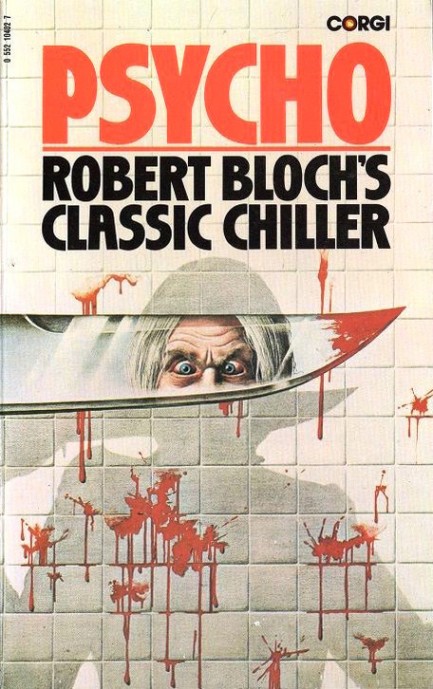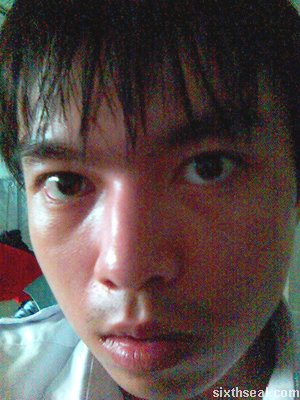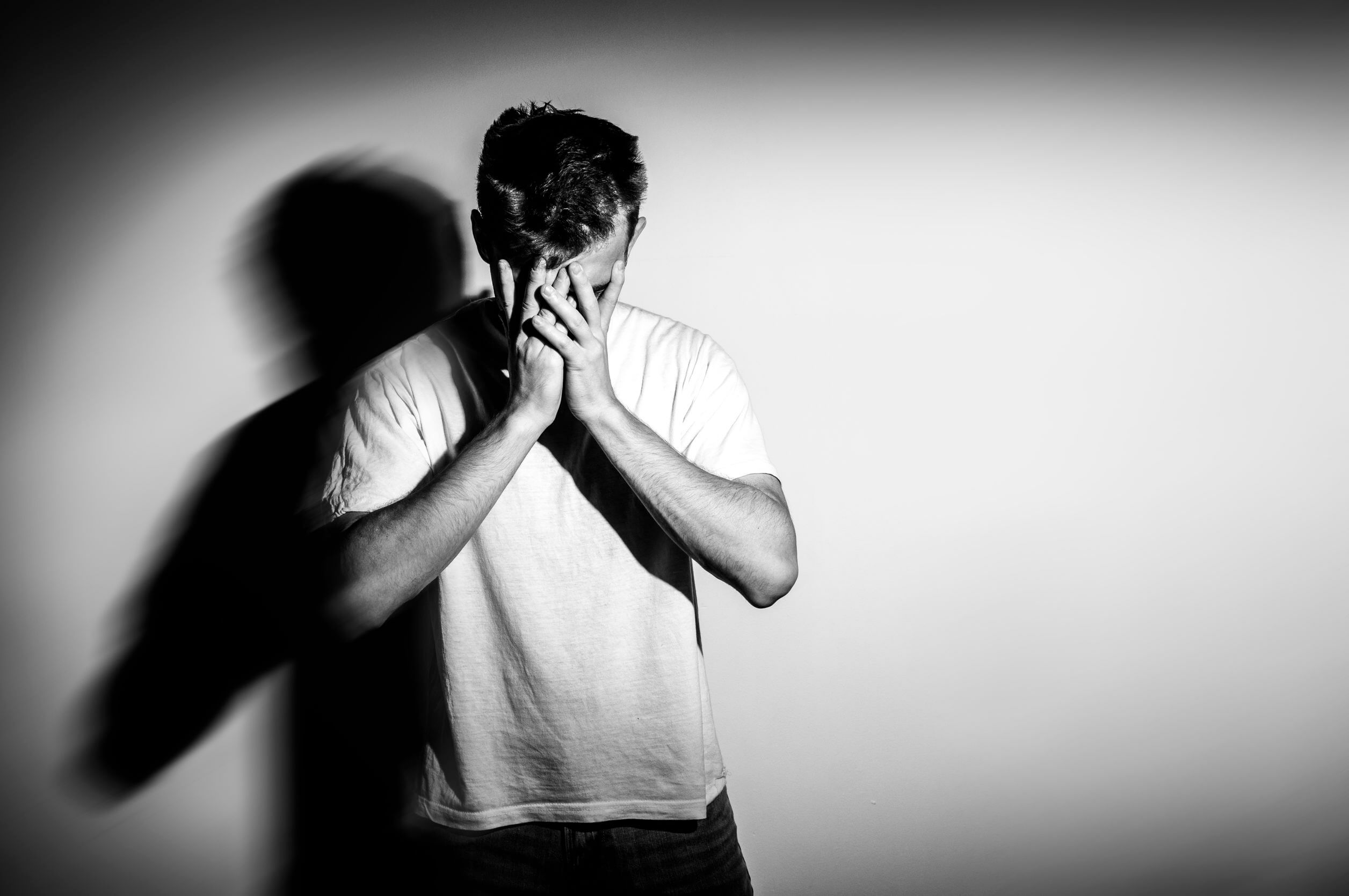

It is more likely to affect women who already have a mental health condition. It usually happens in the first few weeks after having a baby. Postnatal psychosis (postpartum psychosis) is a severe form of postnatal depression. This may lead you to feel frightened or distressed. If you have a psychotic episode, you may not be aware that your delusions or hallucinations are not real. a sudden loss in your train of thought, resulting in a sudden pause in conversation or activity.disturbed speech – for example, you may switch from one topic to another mid-sentence.If you have psychosis, you may have disturbed and confused patterns of thought. You may think you're the president of a country, or have the power to bring people back from the dead. If you have grandiose delusions, you may believe you have power or authority. You may believe an individual or organisation is planning to hurt or kill you. taste – a taste when there is nothing in your mouthĪ delusion is where you believe something that is not true.smell – an odour that other people cannot smell.touch – feeling touched when there is nobody there.sounds – hearing voices or other sounds.sight – seeing colours, shapes or people.Hallucinations are when you experience things that do not exist outside your mind: Original article on Live Science.In general, there are 4 main symptoms associated with a psychotic episode: If even a one-day break with reality brings with it a 50 percent chance of further problems, patients need help to prevent a worst-case scenario, he said.įollow Stephanie Pappas on Twitter and Google+. The study points to the need to treat psychotic episodes aggressively, Fusar-Poli said.

13 publication of the research in the journal JAMA Psychiatry, Australian researchers suggested basing the definition on patients' treatment needs.

The finding suggests that "researchers should compromise on a common definition" of brief psychotic events, Fusar-Poli said. In comparison, almost all patients with first-episode schizophrenia experienced future psychosis. Whether a person was diagnosed with brief psychotic disorder, acute and transient psychotic disorder, BLIPS, or BIPS, he or she had about a 50-50 chance of experiencing another psychotic event in the future. "Our main finding is that there is no substantial prognosis difference across all of these competing diagnostic constructs," Fusar-Poli said. The scientists looked at how these patients fared over time and compared that with the outlook for patients diagnosed with first-episode schizophrenia. The researchers suspected that the length of a psychotic break would predict whether a person was at higher risk of ongoing problems with psychosis, he said.īut that's not what the investigators found after analyzing 93 earlier studies of more than 11,000 patients who'd experienced brief psychotic episodes. Are patients who are undergoing a psychotic break mentally ill by definition? Are they just at risk for developing a mental illness in the future? And what is the line between the two?įusar-Poli said he and his colleagues wanted to find out if these different definitions were meaningful, particularly for predicting how a patient would do in the long run. These diagnoses are "BLIPS" (brief and limited psychotic symptoms), which puts the cutoff for symptoms at less than one week, or "BIPS" (brief intermittent psychotic symptoms), which puts the cutoff at three months.Ĭlearly, this system leads to confusion, Fusar-Poli told Live Science. Under this breakdown, patients' symptoms must last at least three months (rather than one month) to be diagnosed with schizophrenia.Īnd two other classifications in the psychology literature peg these psychotic events not as disorders in themselves, but rather as risk factors for future psychosis. The World Health Organization, in its International Statistical Classification of Diseases (ICD) 10, uses a category called "acute and transient psychotic disorder," for patients who don't meet the criteria for having schizophrenia.

People who have psychosis symptoms that last less than a month, or who have only one symptom instead of two, are instead diagnosed with a condition called "brief psychotic disorder." (In addition, the symptoms can't be the result of drug use.)īut there are other ways to classify people who have brief psychotic breaks, outside of the DSM criteria.
#Full psychotic break manual#
To be diagnosed with schizophrenia under the guidelines of psychiatry's handbook, the Diagnostic and Statistical Manual (DSM) 5, patients must have at least two psychotic symptoms for at least a month, and at least one of those symptoms must consist of delusions, hallucinations or disorganized speech. People who experience psychotic episodes may be diagnosed with schizophrenia, or with a more short-term mental health condition.


 0 kommentar(er)
0 kommentar(er)
